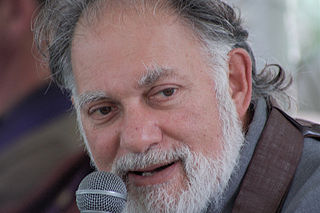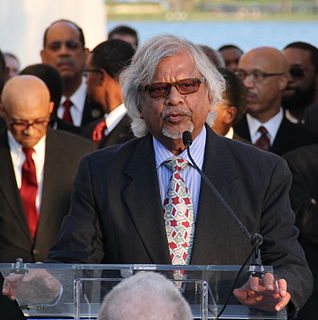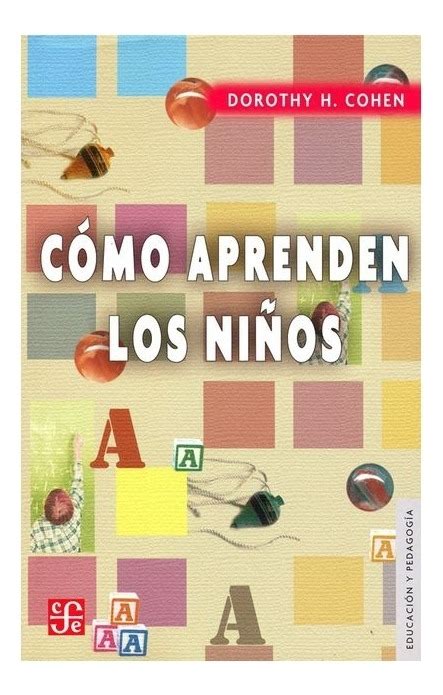A Quote by Bernie Glassman
The extraordinary language of Nonviolent Communication is changing how parents relate to children, teachers to students, and how we all related to each other and even to ourselves. It is precise, disciplined, and enormously compassionate. Most important, once we study NVC we can't ignore the potential for transformation that lies in any difficult relationship - if we only bother to communicate with skill and empathy.
Quote Topics
Any
Bother
Changing
Children
Communicate
Communication
Compassionate
Difficult
Difficult Relationship
Disciplined
Each
Empathy
Even
Extraordinary
How
Ignore
Important
Language
Lies
Most
Nonviolent
Nonviolent Communication
Once
Only
Other
Ourselves
Parents
Potential
Precise
Relate
Related
Relationship
Skill
Students
Study
Teachers
Transformation
Related Quotes
You realize how much the relationship when kids are young can suffer. And it's important to make sure that you are able to spend some time with each other. As a father, the best thing you can do for the kid is to love the mom. Even as a parent, I believe that loving the mother is the most important thing. And even parents who maybe aren't together I think that's important for them as well to respect each other and to be kind to each other, because I think it does so much in who they would pick to be around, or how they feel about themselves.
With actors and directors, it's a conversation that you have. You have to learn each other's language and learn how to communicate with each other effectively. It's really nice when you can have that communication on a level where they walk up to you and you can see by the expression on their face what they want. You don't even have to talk, it just like, "Got it!" And, you know what they want before they even ask for it.
NVC is language, thoughts, communication skills and means of influence that serve my desire to do three things: 1) to liberate myself from cultural learning that is in conflict with how I want to live my life. 2) to empower myself to connect with myself and others in a way that makes compassionate giving natural. 3) to empower myself to create structures that support compassionate giving.
Schools in which students and teachers relate as partners-where Rosenberg's Nonviolent Communication is part of every interaction are communities of learning, rather than top-down, impersonal factories. Young people begin to see school as a safe and exciting place of exploration where they can share feelings and ideas, and where each child is recognized, valued and nurtured.
As far as nonviolence and Spiritual Activism, Marshall Rosenberg is it! Nonviolent Communication: A Language of Life, is essential reading for anyone who wants to improve their communication skills. Applying the concepts within the book will help guide the reader towards a more loving, compassionate, and nonviolent way of understanding and functioning with others, and foster more compassion in the world. I highly recommend this book.
Nevertheless, no school can work well for children if parents and teachers do not act in partnership on behalf of the children's best interests. Parents have every right to understand what is happening to their children at school, and teachers have the responsibility to share that information without prejudicial judgment.... Such communication, which can only be in a child's interest, is not possible without mutual trust between parent and teacher.
There are many deaf people who couldn't imagine living in a marriage without someone who doesn't speak their language. For me, I believe that hearing or deaf is fine as long as both parties are willing to communicate in each other's language. But if there's no communication, then the marriage, I believe, will be difficult if not doomed.

































